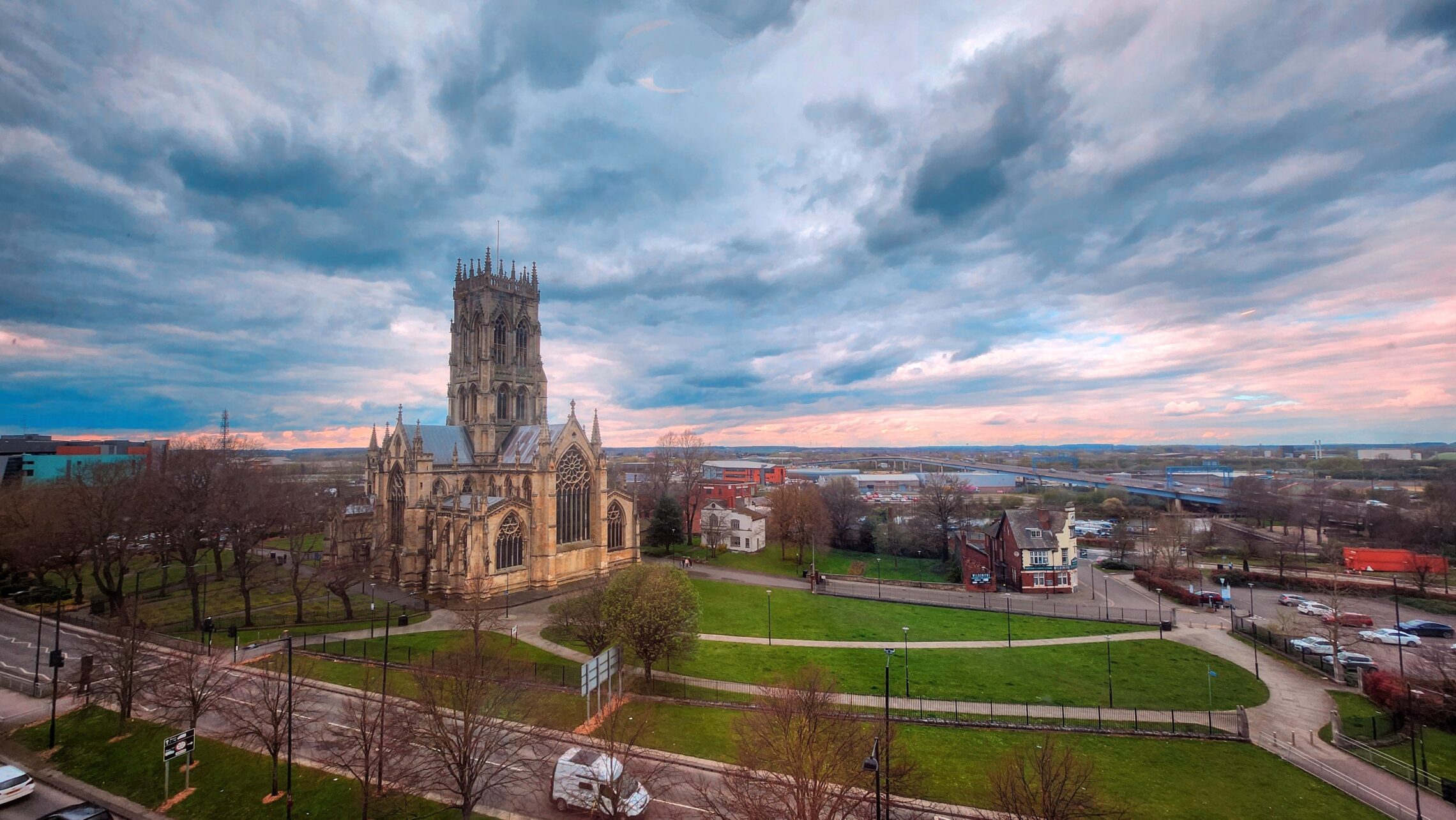Bridget Phillipson has said she wants to work with universities to widen access, and participation for those from lower income backgrounds is one of the government’s five priorities for higher education.
But the words of a 17-year-old trainee legal assistant in Doncaster reveals how much of a challenge it will be to overcome the scepticism towards the value of a university education in a “cold spot”’ town;
I love jobs and I can’t wait to get another job, because I just love getting paid. I want to go to uni, to live on my own and to get drunk all the time – the uni party lifestyle, right? But if I do it just for that, then I’m getting into debt. If I just go straight into work, then I don’t have anything to pay back.
This quote underlines the findings from the opening paper of the UPP Foundation’s inquiry into widening participation, which showed how alongside gender- and class-based inequalities in rates of progression to HE, there are huge gulfs in the rate at which young people progress to university at 18 across different areas of the country. Almost 70 per cent of Wimbledon 18-year-olds go to university, compared to just 25.9 per cent of those in Houghton and Sunderland South – Bridget Phillipson’s own constituency.
With some local authorities lacking a university and also exhibiting rates of progression to HE lower than one might expect based on young people’s academic attainment, our new paper, published today, sets out how and why these “cold spots” for progression to HE struggle to inspire young people to go to university.
Daunted by costs
During our research trip to Doncaster – one of England’s worst-performing local authorities for progression to university at eighteen, and a case study for cold spots as a result – the scepticism towards university that our trainee legal assistant exhibited came up time and time again. None of the eight parents in our focus group selected university as their preferred post-18 option for their children, and only one of the 16-18 year olds we spoke to in our focus group intended to apply to university. The primary objection was cost.
Parents, young people, and adults of all ages that we spoke to in our immersive work thought that university was simply too great an expense for most people in the area to justify. Among those who had been to university, or knew those who had, it seemed that everyone had a horror story to tell about a friend or relative who had been burned by astronomical living expenses, or resented being mired in debt after doing a degree that had only passing relevance to their eventual career.
Even when the long-run opportunities that university provides seem enticing, the mounting cost of maintaining an undergraduate degree is a daunting prospect to many. Few thought that universities, colleges or schools had done a good job of making pathways through higher education seem clear, achievable and valuable.
Crowd in communities
The challenge for places like Doncaster is that the opportunities that university provides are anything but obvious. Residents were at pains to stress that Doncaster is a place that feels like the economy has left it behind, with jobs few and far between and graduate careers a luxury seemingly reserved for other places.
As one woman we spoke to put it: “The jobs in Doncaster, a lot of them you don’t require a degree for – we’re an industrial type of town.” Across our conversations in the area, it became clear that since the job market could not provide the security, stability and prospects that people wanted, family and community took on that role instead.
In this context, then, going to university is a double-edged sword: the aspirational youngsters we spoke to were excited by the opportunities that university could provide, but they recognised that this probably meant getting out of Doncaster and staying out. To many people we spoke to, leaving home, and one’s hometown, was a hidden psychological cost heaped on top of the very real financial burden of university.
With all this in mind, the ambivalence of cold spot residents towards university seems not reckless, but rational. If we think of university as a “bet” that people make on the understanding that the “payoff” is a higher graduate salary in the long run, then it is easy to see why those in areas with no university and few graduate jobs would be reluctant to make that sort of commitment.
If the government wants to make good on its commitment to widen university participation, it will require a multifaceted approach that crowds in whole communities, not just bright teenagers with good prospects. They will need to work with schools, colleges, universities and local employers to make the value of university clear across generations. Cold spots can make university feel like a reckless gamble – it’s up to the government to make it a good bet.
This article is published in association with the UPP Foundation.













An interesting report. I think something that is not picked up in the report – perhaps due to the low diversity of Doncaster – that would be good to explore as part of the project is the different attitudes about the value of higher education between different ethnic groups. I am also not sure that Doncaster does too badly on HE participation controlling for demographics such as ethnicity and income. Another useful finding was that a strong perception among the people who the project engaged with that if someone is not doing a job that is directly relevant to the… Read more »
Rather than all of these young people being pushed towards university (where depending on the degree and institution, they might not be any better off 5 years down the line than if they started working), they need to also have the option of high-quality apprenticeships and vocational routes. And skilled trades. The girl quoted doesn’t seem like she wants to go to university because she enjoys learning / study, but for the lifestyle. Perhaps in a few years time she can go into HE. It’s not a now or never. There should be no rush to go to university at… Read more »
Interesting stuff, but no surprises. Given the language of HE as a bet, it is a pity the report didn’t explore the need for luck when betting, and the way that the amount one should bet depends on the odds and your current resources. And career paths involve multiple gambles. For those with a particular set of assets – the bank of mum and dad, the right connections, or access to accommodation in a graduate job market such as London – the bets can involve both lower odds, and less of a setback if the bet fails. The decision to… Read more »